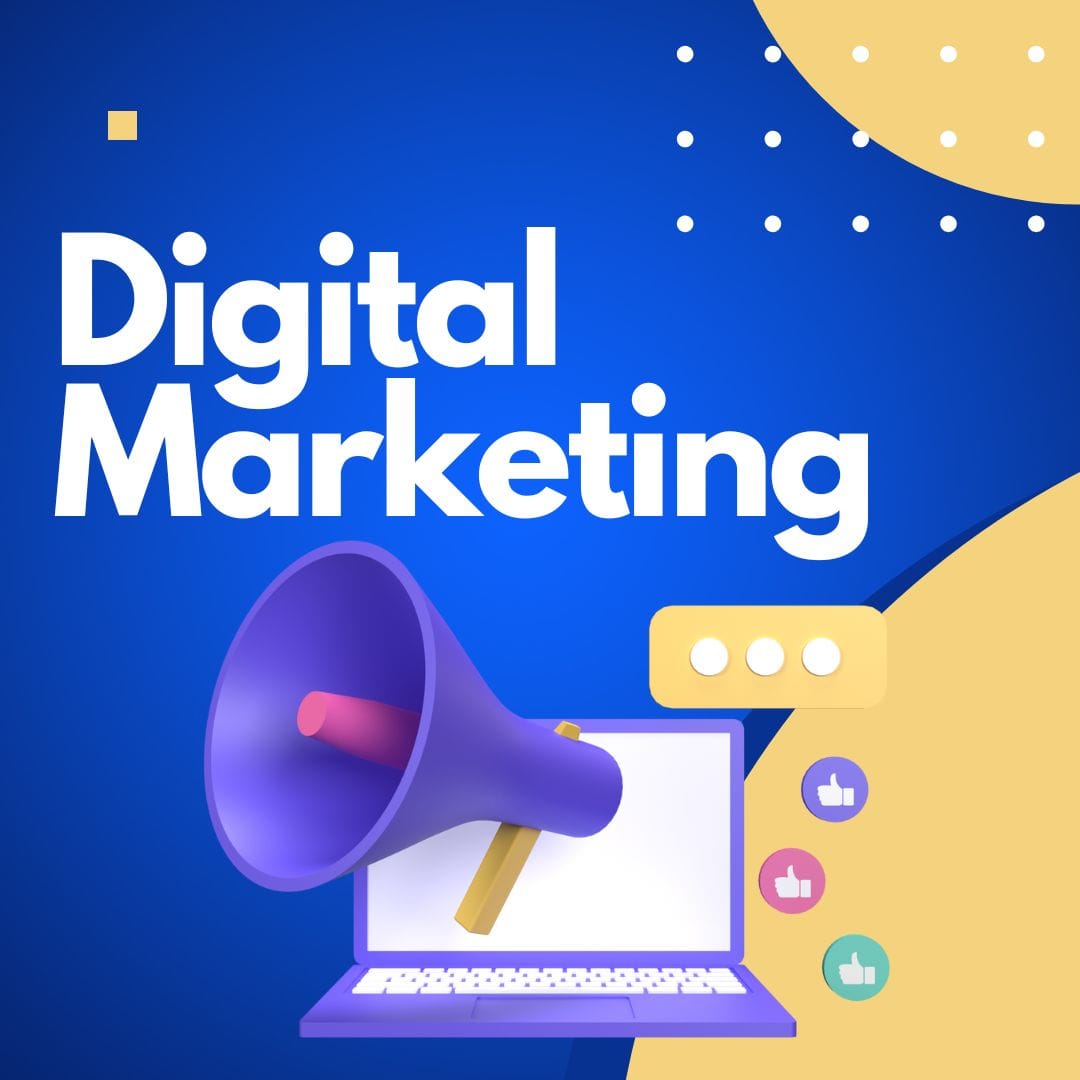Digital marketing has transformed the way businesses connect with their customers. Leveraging online platforms and technologies, it allows brands to reach their target audience more effectively and efficiently. Here’s a comprehensive look at what digital marketing entails and its importance in today’s business world.
1. What is Digital Marketing?
Digital marketing refers to any marketing effort that uses the internet or electronic devices to promote products and services. It encompasses various strategies and channels, including social media, email, search engines, websites, and mobile apps.
2. Key Components of Digital Marketing
- Search Engine Optimization (SEO): The process of optimizing website content to rank higher in search engine results. Effective SEO increases visibility and drives organic traffic to a site.
- Content Marketing: Creating valuable, relevant content to attract and engage a target audience. This includes blog posts, videos, infographics, and e-books.
- Social Media Marketing: Using social media platforms like Facebook, Instagram, and Twitter to promote products, engage with customers, and build brand awareness.
- Email Marketing: Sending targeted emails to nurture leads and communicate with customers. This includes newsletters, promotional offers, and personalized messages.
- Pay-Per-Click (PPC) Advertising: Running ads on search engines and social media platforms where businesses pay each time someone clicks on their ad. This method can drive immediate traffic and leads.
- Affiliate Marketing: Partnering with individuals or companies to promote products in exchange for a commission on sales generated through their referrals.
3. Benefits of Digital Marketing
- Cost-Effective: Digital marketing often requires lower budgets compared to traditional marketing methods, allowing businesses of all sizes to reach a larger audience.
- Targeted Reach: Digital marketing enables precise targeting based on demographics, interests, and behaviors, ensuring that marketing efforts reach the right audience.
- Measurable Results: With tools like Google Analytics, businesses can track and analyze campaign performance in real time, allowing for adjustments to improve effectiveness.
- Enhanced Engagement: Digital platforms facilitate direct interaction with customers, enabling brands to build relationships, gather feedback, and foster loyalty.
4. Trends Shaping Digital Marketing
- Personalization: Tailoring content and experiences to individual preferences enhances user engagement and satisfaction.
- Video Marketing: Video content is increasingly popular, with platforms like TikTok and YouTube driving engagement through visual storytelling.
- Voice Search Optimization: As voice-activated devices become more common, optimizing content for voice search is essential for maintaining visibility.
- Artificial Intelligence (AI): AI tools are being used for chatbots, predictive analytics, and personalized marketing strategies, improving efficiency and customer experience.












Leave a comment